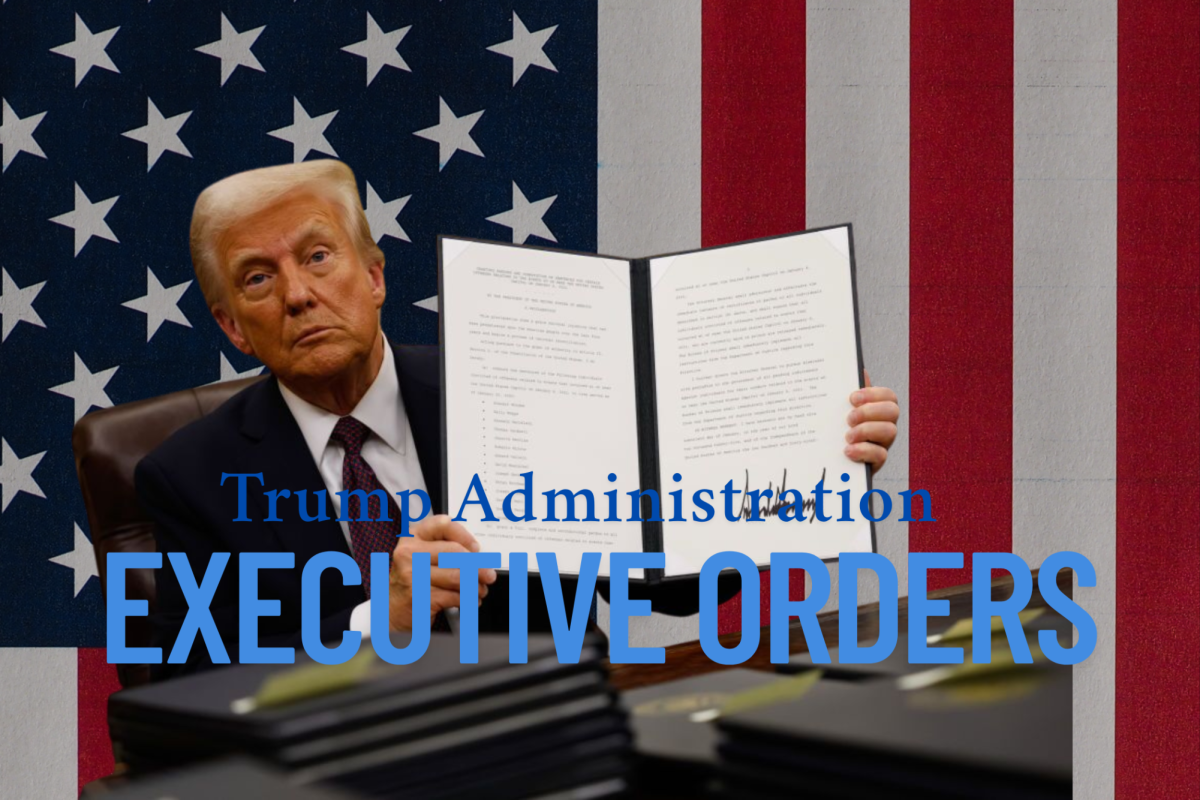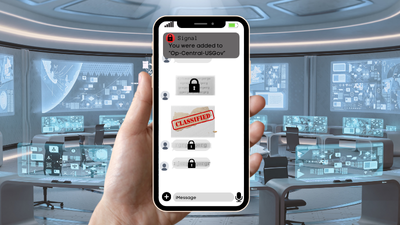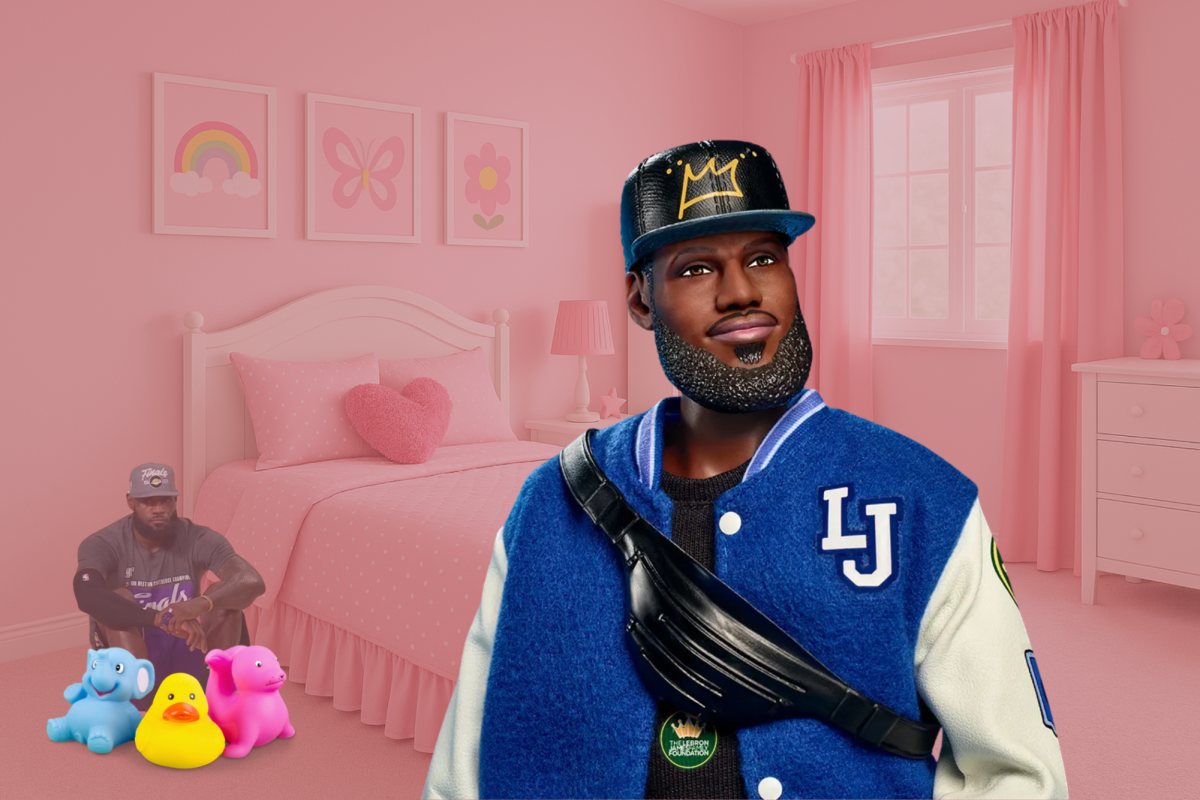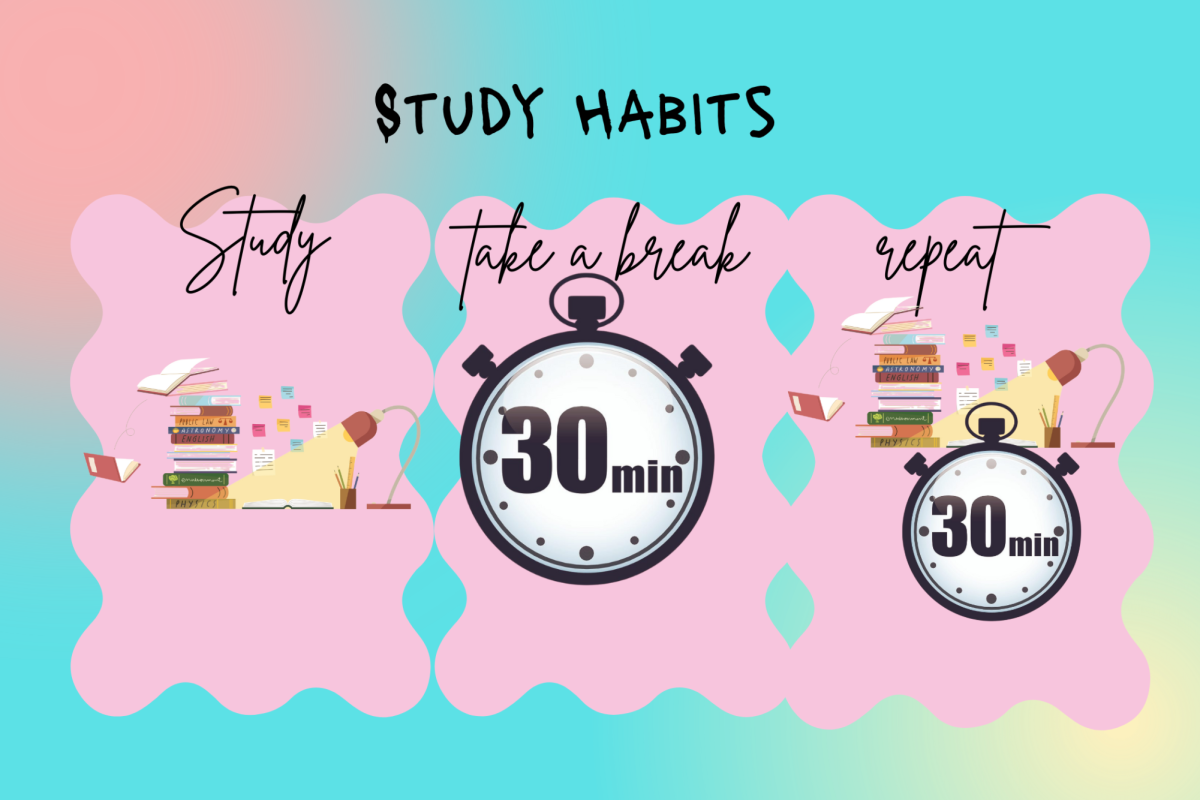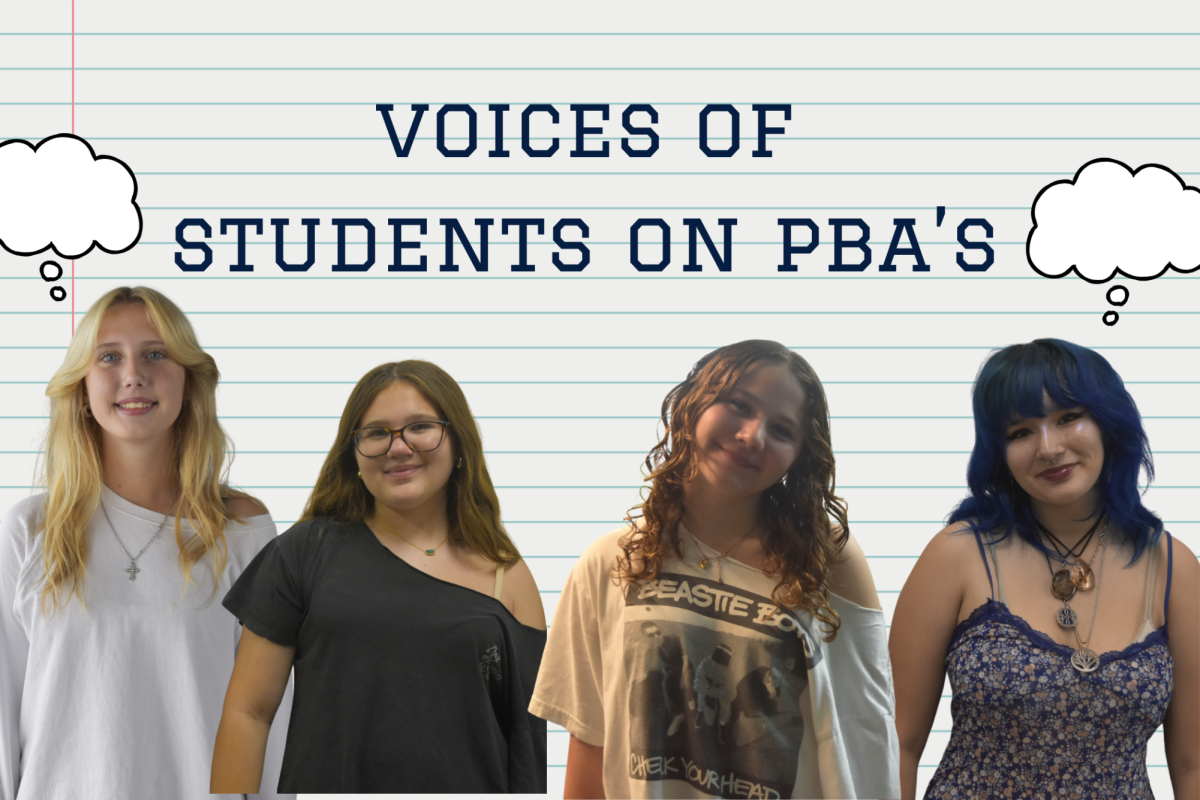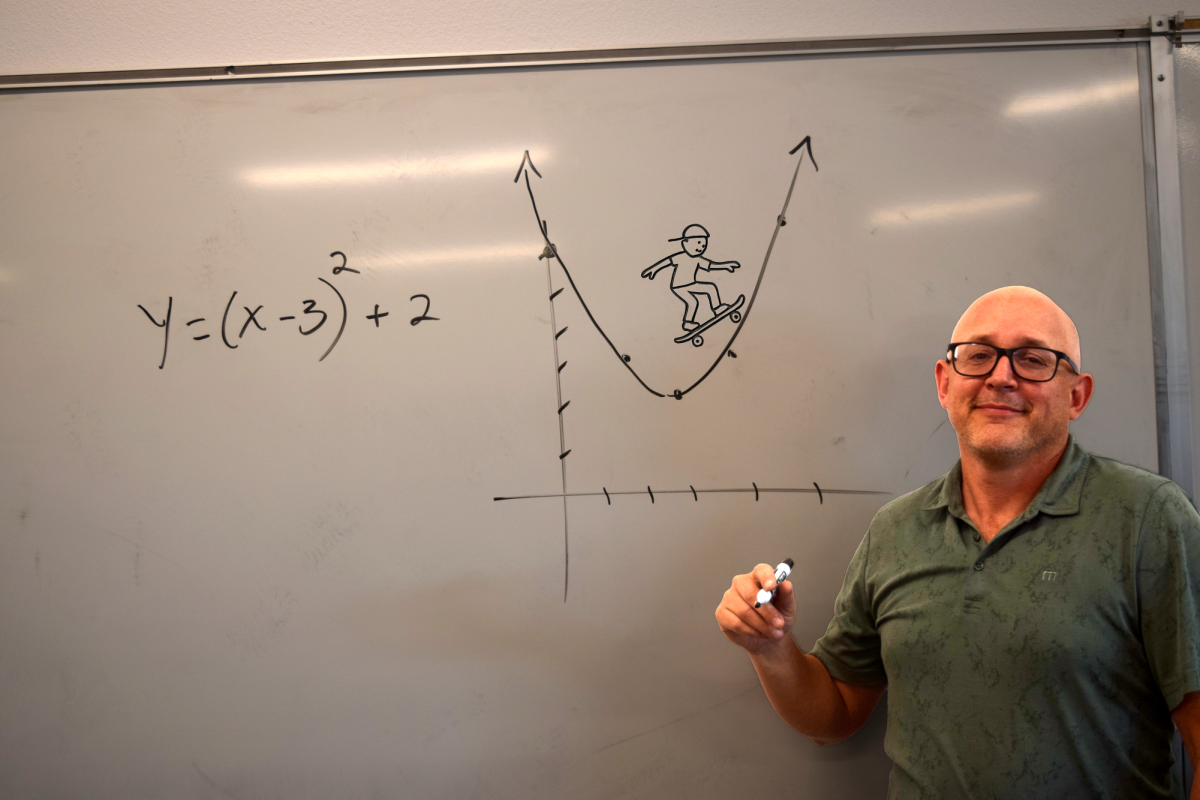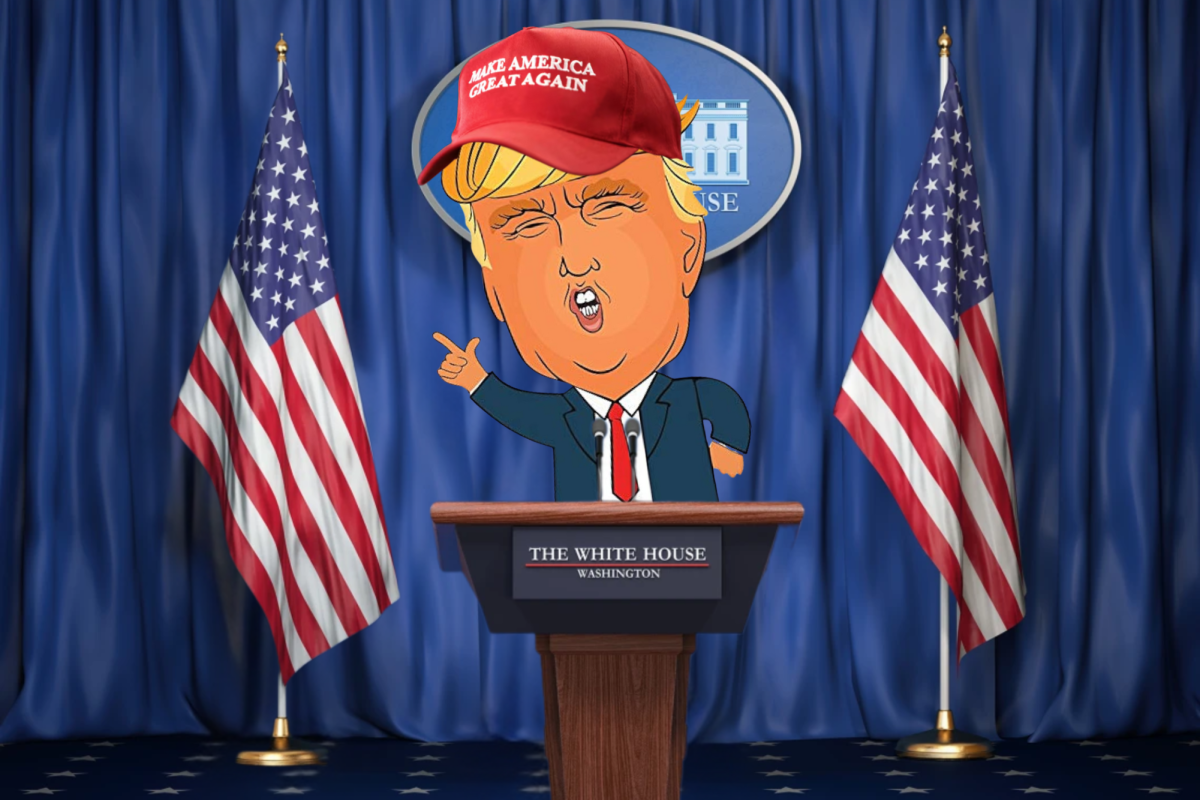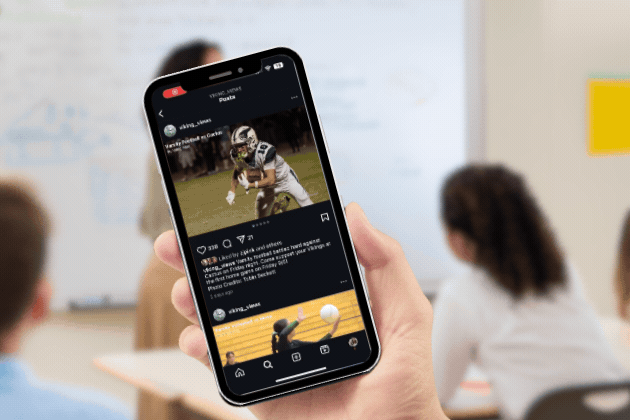Phones have infested today’s youth.
The age of phone ownership in the United States has been decreasing and “currently, 53% of children have a smartphone by age 11,” according to the National Institutes of Health.
Glendale Union High School District, including Sunnyslope, has a new, stricter technology policy for the ‘24-’25 school year: Phones and earbuds are not to be used throughout the school day (excluding passing periods and lunch).
This has been a controversial decision: Many students are angered, but much of the faculty is delighted to see this.
English Teacher Amanda Morari said, “it’s refreshing to have a phone-free class– just knowing that there’s one less distraction to worry about.”
It’s not only teachers that have embraced this as a positive change.
“Phones are no longer in use in the classroom, and it helps benefit the students academically,” said Junior Jake Keebler.
Keebler’s statement is scientifically backed, as demonstrated in a video many Slope students have seen during class with AP Biology Teacher Jamie Mitchell.
How Is Your Phone Changing You?, a three minute educational clip by AsapSCIENCE, said alpha rhythm brain patterns are “commonly associated with ‘wakeful relaxation’ like when your mind wanders off… and experiments have shown that when a cell phone is transmitting…these alpha waves [are] significantly boosted, meaning phone transmissions… change the way your brain functions.”
Due to the extremity of phone usage in school environments, policies similar to the one Sunnyslope is experiencing are becoming a global norm.
Sunnyslope Principal Jonathan Parker said this recent action is “Part of a groundswell of school concerns in the valley… but also [at the] district, state, national level–it’s part of a larger conversation.”
The concern is so widespread that the New York Times podcast The Daily did an episode discussing the rise in phone bans at schools.
“Kids premeditated fights on their phone” and simply having students leave their phone in class when using the bathroom has “already cut down on the amount of fighting in his school,” said New York Times Reporter Natasha Singer.
Parker hopes that a decrease in “unnecessary drama” will be a result of this ban.
On the other hand, many students are seeing this enforcement as controlling, like Junior Bradley Morales.
“It’s too strict,” said Morales.
However, in comparison to Slope’s history, this policy is lenient.
Counseling Secretary Brooke Kern said “When I was in high school there was a rule that we couldn’t even have our phones out during lunch, so I’m glad it’s not as strict now.”
Furthermore, when you take into consideration the regulations in place elsewhere, this is nothing.
Parker said many “…states have started passing laws, and some of them are much more restrictive, like… where you’re not allowed to have a cell phone on campus, or you turn them in as you walk in, to a magnetic bag.”
Part of the leniency in Glendale Union’s policy is in order to keep parents at ease.
Many stress about not being able to directly contact their child at any moment; however, Parker ensured that “There’s never going to be a single hour that passes without students having access to their phone.”
With any change comes resistance, but so far, many have taken a positive approach.
“I appreciate that so far we haven’t gotten any parent complaints… for the most part, parents have been very supportive,” said Parker.
While it may not feel like it sometimes, the Glendale Union High School District has its students’ best interest.
Parker said “We didn’t go into this looking to make students happy or unhappy… my first priority is to ensure that we remove any obstacles to students’ learning.”







